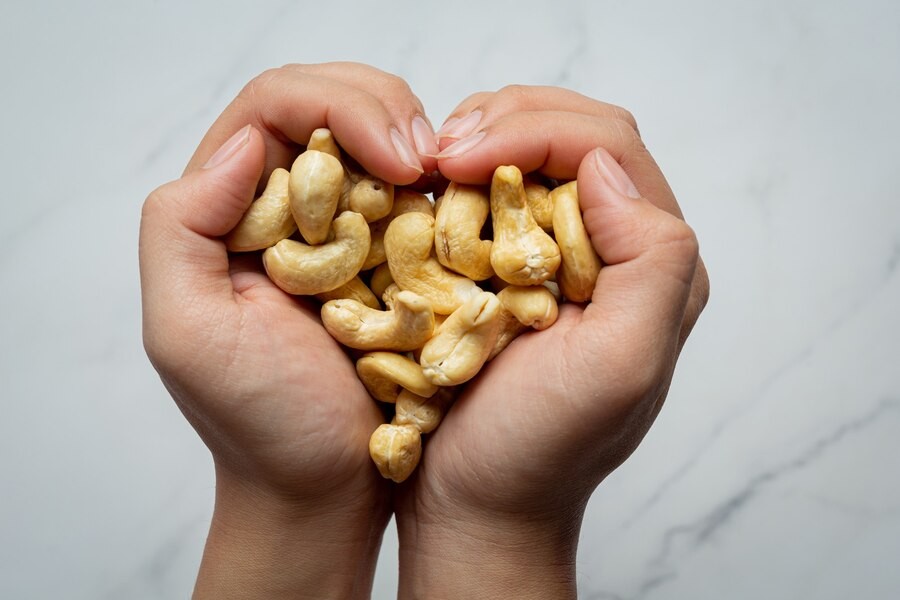Asam urat umumnya dikenal sebagai kondisi yang menyerang sendi di jempol kaki, namun sebenarnya asam urat juga bisa menyerang berbagai sendi lain termasuk pergelangan kaki. Serangan asam urat di pergelangan kaki ini bisa sangat menyakitkan dan mengganggu aktivitas sehari-hari.
Tanpa pengobatan yang tepat, asam urat di pergelangan kaki bisa menyebabkan peradangan kronis, pembentukan benjolan keras (tofi), arthritis kronis, infeksi, hingga peningkatan risiko batu ginjal.
Gejala Asam Urat di Pergelangan Kaki
Gejala asam urat di pergelangan kaki sebenarnya tidak berbeda jauh dengan gejala di sendi lainnya. Adapun gejala umum yang muncul di antaranya:
- Rasa nyeri yang intens dan datang tiba-tiba. Rasa nyeri biasanya terasa paling parah di malam atau pagi hari
- Pergelangan kaki terlihat bengkak dan terasa hangat saat disentuh
- Kulit di sekitar pergelangan kaki yang terkena sering berubah warna menjadi kemerahan
- Nyeri dan bengkak membuat pergelangan kaki sulit digerakkan
Baca Juga: Ini Tanda-Tanda Asam Urat Tinggi
Menangani Asam Urat di Pergelangan Kaki
Asam urat di pergelangan kaki bisa diobati, namun tidak bisa disembuhkan total. Pengobatan diberikan untuk mengelola dan mencegah serangan berulang. Berikut adalah beberapa pengobatan yang disarankan:
Kompres dingin
Mengompres pergelangan kaki dengan es yang dibalut kain atau handuk dapat membantu mengurangi pembengkakan dan rasa sakit. Lakukan kompres selama 15-20 menit beberapa kali sehari.
Minum cukup air
Untuk mengelola gejala asam urat, sangat penting memastikan tubuh tetap terhidrasi. Air dapat membantu ginjal bekerja lebih efisien dalam mengeluarkan asam urat dari tubuh melalui urine.
Minum air dalam jumlah yang cukup juga membantu mencegah kristal asam urat mengendap di ginjal yang berisiko menyebabkan batu ginjal.
Mengistirahatkan sendi
Saat mengalami serangan asam urat di pergelangan kaki, penting untuk tidak memaksa melakukan gerakan yang dapat memberikan tekanan berlebih pada sendi yang terkena. Berikan waktu bagi tubuh untuk pulih sehingga dapat membantu mengurangi peradangan dan mencegah kerusakan lebih lanjut pada sendi.
Baca Juga: Apa Saja Makanan Pantangan bagi Pengidap Asam Urat?
Menghindari makanan tinggi purin
Menghindari makanan tinggi purin merupakan salah satu cara paling efektif mencegah serangan asam urat. Purin adalah senyawa alami yang ditemukan dalam berbagai jenis makanan.
Saat purin dipecah oleh tubuh, mereka akan menghasilkan asam urat. Bagi orang yang rentan terhadap asam urat tinggi, konsumsi makanan tinggi purin dapat memicu peningkatan kadar asam urat dalam darah dan menyebabkan serangan asam urat.
Berikut adalah makanan tinggi purin yang sebaiknya dihindari dan dibatasi:
- Jeroan seperti hati, ginjal, otak, usus, dan limpa
- Daging merah seperti daging sapi, kambing, dan babi
- Makanan laut seperti kerang, sarden, ikan teri, makarel, dan udang
- Minuman beralkohol, terutama bir
- Makanan dan minuman manis terutama soda atau jus buah yang diberi pemanis tambahan seperti fruktosa
Mengonsumsi obat-obatan
Obat antiinflamasi nonsteroid seperti ibuprofen dapat membantu meredakan nyeri dan peradangan. Dokter juga mungkin meresepkan obat khusus untuk menurunkan kadar asam urat dalam darah seperti allopurinol.
Penanganan yang tepat pada gejala asam urat baik melalui obat-obatan maupun perubahan gaya hidup sangat penting untuk mengurangi dan mencegah kambuhnya gejala di masa yang akan datang. Apabila Anda sering mengalami serangan asam urat, jangan ragu berkonsultasi dengan dokter untuk mendapatkan penanganan yang tepat.
Anda juga bisa memanfaatkan layanan konsultasi kesehatan Ai Care dengan mengunduhnya melalui App Store atau Play Store.
Mau tahu informasi seputar penyakit lainya? Cek di sini, yah!
- dr Nadia Opmalina
Carrie Madormo, RN, MPH (2024). What To Know About Gout in the Ankle. Available from: https://www.health.com/condition/gout/gout-pain-relief
Mayo Clinic (2022). Gout. Available from: https://www.mayoclinic.org/diseases-conditions/gout/symptoms-causes/syc-20372897
Lana Barhum (2022). How to Treat Gout in the Ankle. Available from: https://www.verywellhealth.com/ankle-gout-treatment-5667256
WebMD (2023). How to Treat Gout Attacks at Home. Available from: https://www.webmd.com/arthritis/gout-attacks-at-home
Cleveland Clinic (2022). Gout Low Purine Diet. Available from: https://my.clevelandclinic.org/health/treatments/22548-gout-low-purine-diet
WebMD (2022). Foods High in Purines. Available from: https://www.webmd.com/diet/foods-high-in-purines












